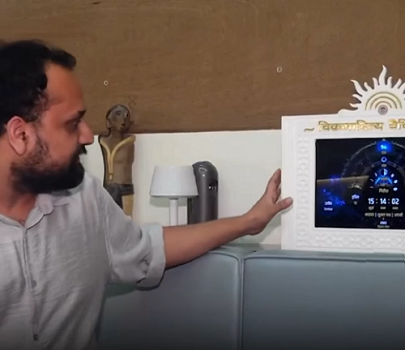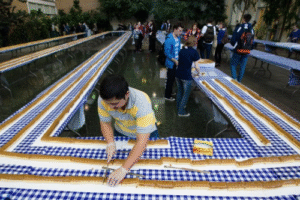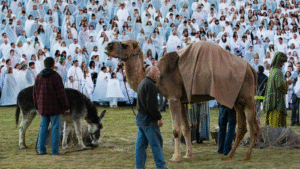In a significant move to revive and celebrate India’s ancient scientific heritage, a new Vedic clock has been installed at the official residence of the Chief Minister of Madhya Pradesh in Bhopal. Unveiled by CM Mohan Yadav, the clock—which is the second of its kind and follows the world’s first Vedic clock installed in Ujjain—is a modern tribute to the ancient Indian system of time calculation.
While conventional clocks divide the day into 24 hours of 60 minutes, the Vikramaditya Vedic Clock operates on a 30-hour system. The time is calculated based on the period from one sunrise to the next, with each hour, or ‘muhurt,’ lasting approximately 48 minutes. This system, which has been used in India for thousands of years, is deeply connected to nature and the positions of celestial bodies.
The project, which reportedly cost around ₹1 crore, is not just a timepiece but a comprehensive repository of ancient knowledge. Along with displaying Vedic time, the clock provides detailed information on the Hindu calendar (Panchang), planetary positions, auspicious and inauspicious periods (muhurats), and astronomical calculations.
To make this ancient wisdom accessible to a global audience, a mobile app has been launched alongside the clock. The app provides extensive data from over 3,179 years, including information from the Mahabharata period. It also features a calendar in more than 189 languages, offering insights into dates, constellations, festivals, and even providing alerts for religious activities.
The installation of the Vedic clock in Bhopal is part of a larger initiative to position India as a leader in bridging tradition with modern technology. It follows the inauguration of the world’s first Vedic clock in Ujjain, a city historically considered the prime meridian for Indian timekeeping. The project symbolizes a blend of cultural heritage and scientific innovation, demonstrating that ancient knowledge systems can be revived and integrated into the modern world.







